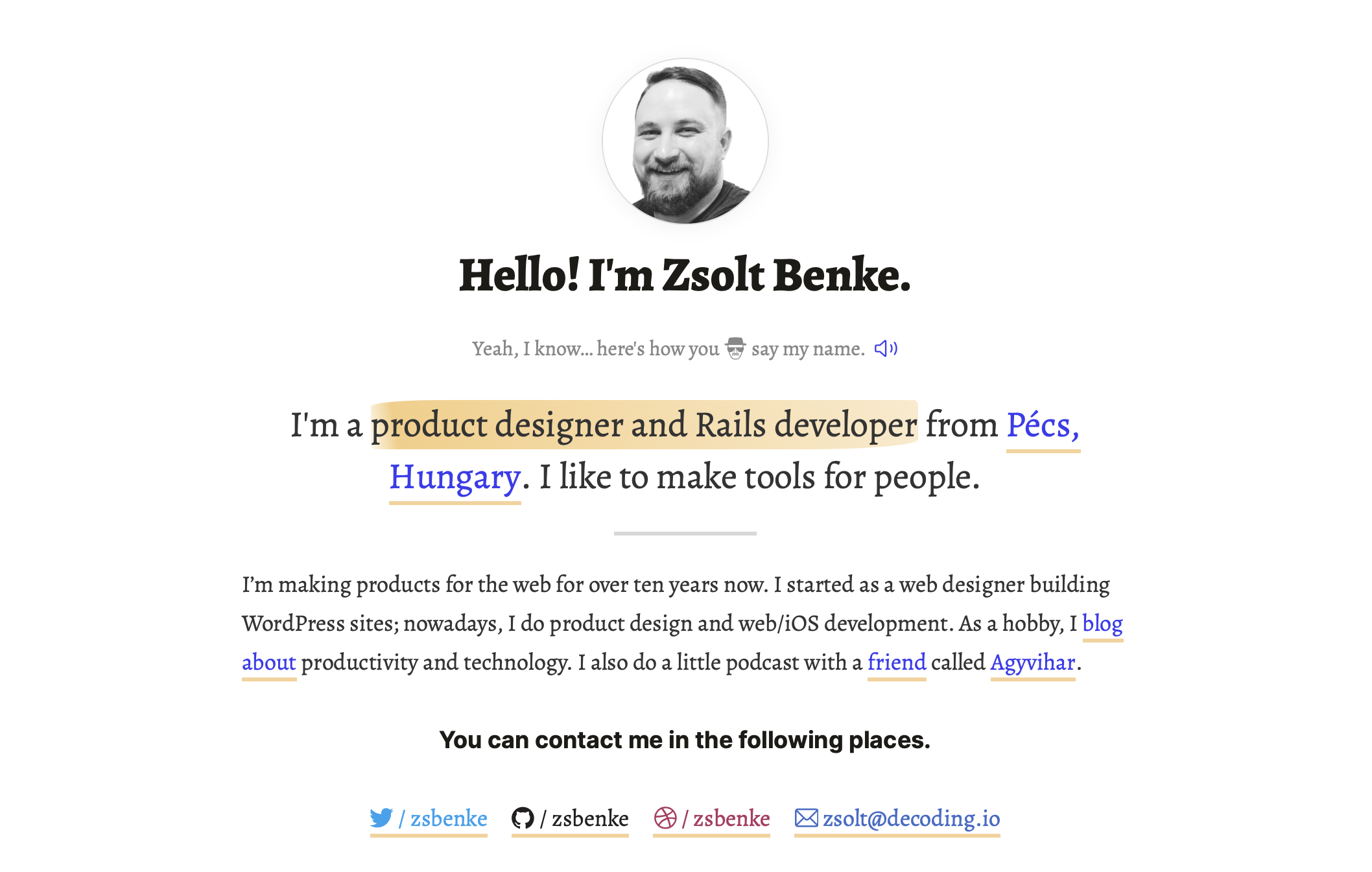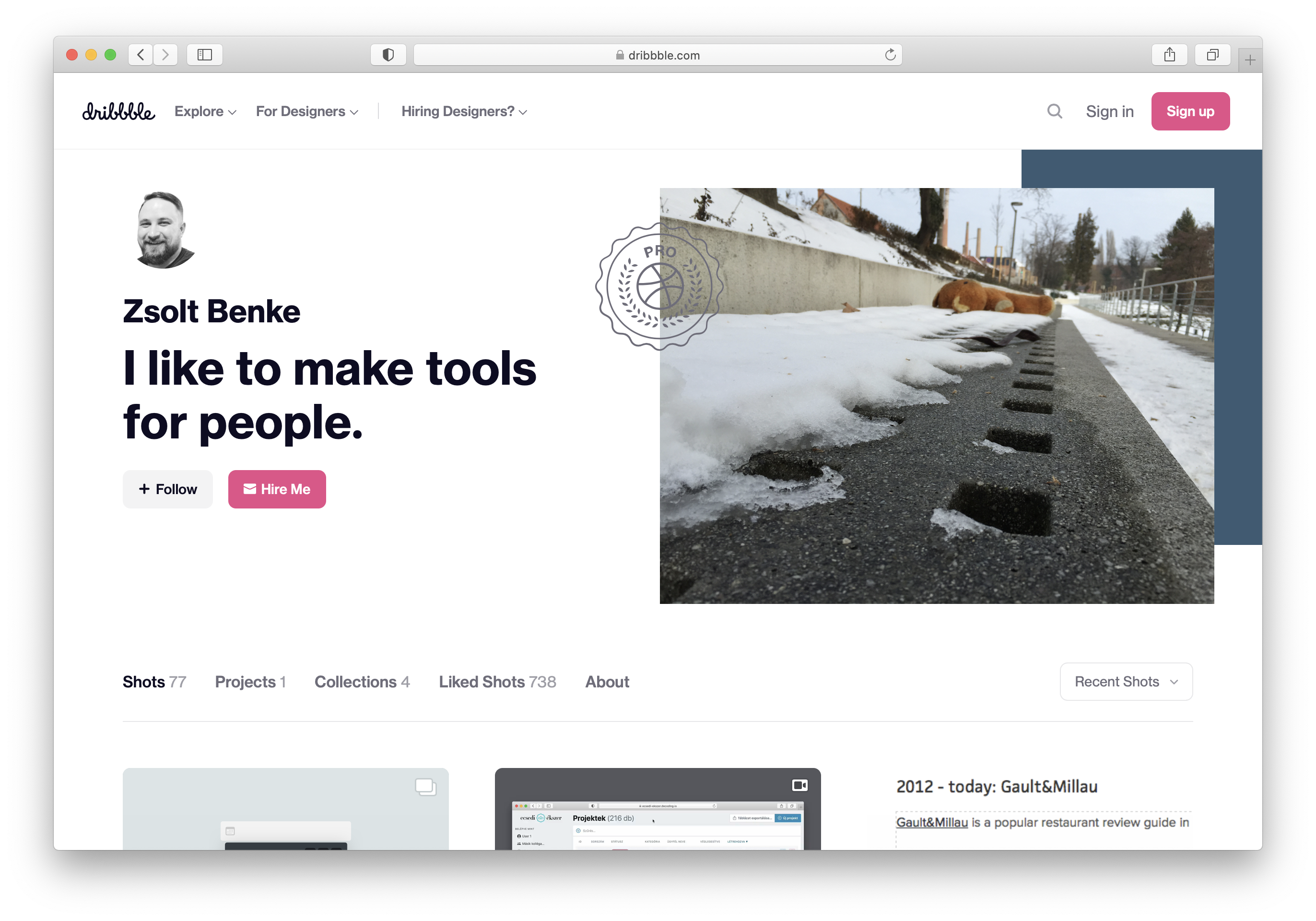The original vision of the iPhone was to help in our everyday life, not to became a life broadcaster and receiver device, which we are hanging to 24/7.
According to Cal Newport, we have to return to the original vision of the iPhone, which Steve Jobs showed us when he introduced it in 2007. Be a really good tool for a couple of things, but don’t hijack our attention in a form of notifications and dopamine booster social networks.
We can develop a healthy relationship with this device if we think about it as a tool. It can be a great hammer to solve problems occasionally throughout the day, but after that, it’s very important to slide it back into our pocket and continue focusing on the thing that we’re doing.
Source
Opinion | Steve Jobs Never Wanted Us to Use Our iPhones Like This – The New York Times
Once you’ve stripped away the digital chatter clamoring for your attention, your smartphone will return to something closer to the role originally conceived by Mr. Jobs. It will become a well-designed object that comes out occasionally throughout your day to support — not subvert — your efforts to live well: It helps you find that perfect song to listen to while walking across town on a sunny fall afternoon; it loads up directions to the restaurant where you’re meeting a good friend; with just a few swipes, it allows you to place a call to your mom — and then it can go back into your pocket, or your bag, or the hall table by your front door, while you move on with the business of living your real-world life.
The iPhone is a fantastic phone, but it was never meant to be the foundation for a new form of existence in which the digital increasingly encroaches on the analog. If you return this innovation to its original limited role, you’ll get more out of both your phone and your life.

